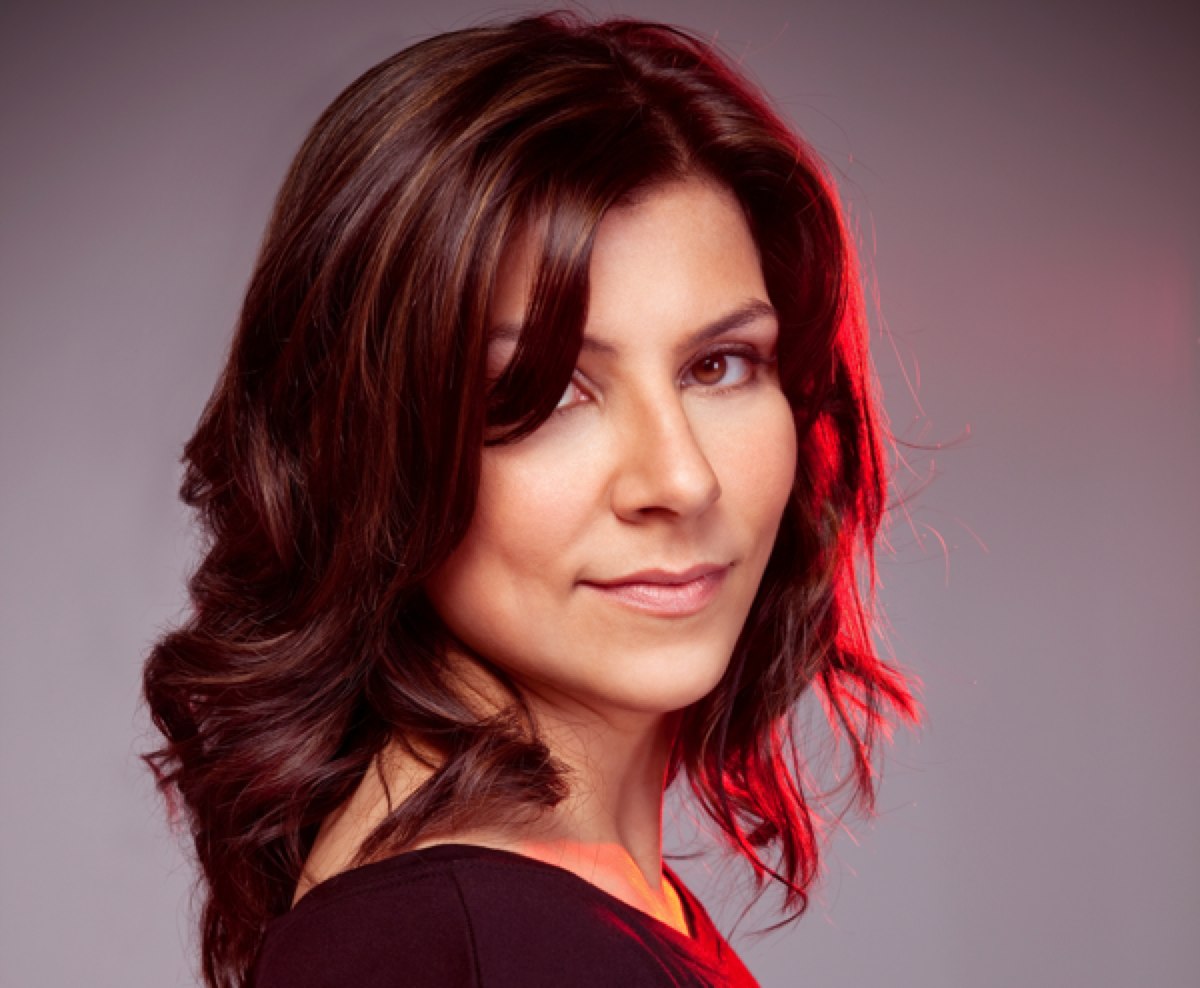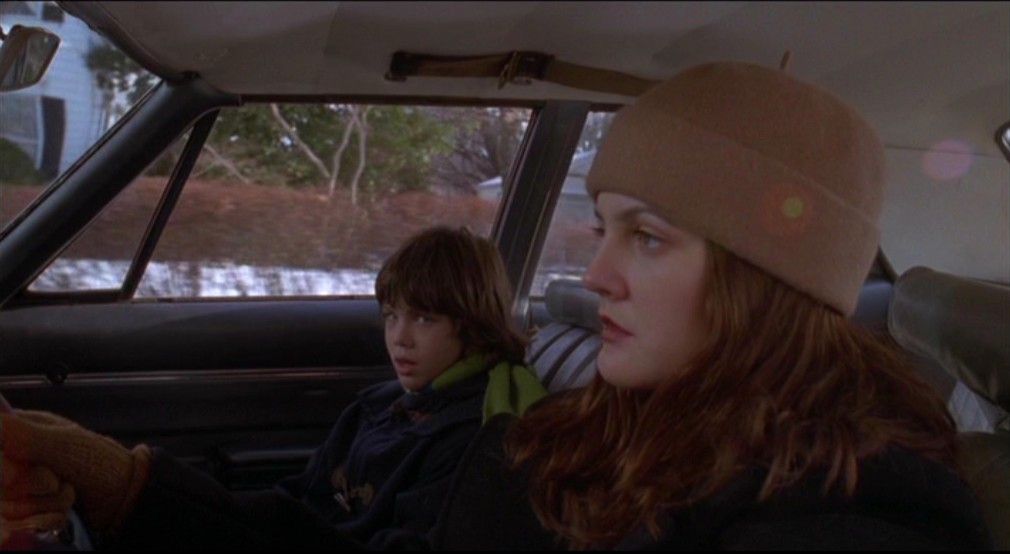In high school, I was involved in a play that had a set of parents among the characters. At the first rehearsal, our director said, “fathers are the players and mothers are the teachers.”
I thought, “What does that mean for single mothers?”
I had that thought because I was raised by a single mother, and though I’m not sure my mother would describe bringing me up as something playful, it isn’t because she was naturally inclined towards “teaching,” providing, and protecting. Playtime requires downtime, and that’s in short supply for any single parent.
What my high school director was actually reflecting was society’s gender-based expectations of parental roles at the time (and perhaps still now), and the sentiment comes in such a slick package that it rings true even if it’s not. Conversely, there is no neat categorization or adage for the single mother experience, but there sure is a lot of judgment.
Maybe it’s why movies often depict single mothers as junkies, tragic figures, or women who are terrible at choosing decent romantic partners—in other words, women whose slutty behavior got them in this situation, making them inherently unlovable. Occasionally, a movie shows us that a woman can be amazing despite her single motherhood, which is usually when we get an Erin Brockovich.
Falling somewhere between hot mess and hero, the protagonist of Penny Marshall’s “Riding in Cars with Boys” gives us a rare look at a single mother, Beverly “Bev” Donofrio (Drew Barrymore), who’s not great, but also not completely terrible. And though it’s presented as a light-hearted, sometimes funny biographical film, it gives us a complicated portrait of motherhood.

Initially set in 1960s Connecticut and eventually taking us through the ’70s and ’80s, “Riding in Cars with Boys” starts with bookworm Bev getting pregnant as a teenager after a meaningless tryst with sweet scumbag Ray (Steve Zahn, who could make a serial killer likable). From the onset, Bev won’t accept her circumstances, even trying to induce a miscarriage by throwing herself down the stairs.
When she finally announces her pregnancy to her parents, policeman Leonard (James Woods) and homemaker Teresa (Lorraine Bracco), she lays out a plan that involves living at home until she’s old enough to get a writing job at a New York–based publication and supporting herself and her child. But Bev’s parents scoff at the plan and coerce her into a marriage she doesn’t want with Ray.
Despite her efforts, Bev is not a stellar mother. She definitely loves her son Jason (played by multiple actors), but what the film shows us over and over is that love is not enough. Ray genuinely loves Bev and Jason, but not enough to stay away from alcohol and heroin. Leonard loves his daughter, but not enough to spare her a night in jail when he finds out she’s drying marijuana in her oven to earn money.
What distinguishes Bev’s parenting is her selfishness—which, given that she’s a kid herself when she gets pregnant, should surprise no one. She also confesses to her best friend Fay (Brittany Murphy) that she doesn’t particularly enjoy motherhood. Bev refuses to be locked into public housing, full-time parenthood, and financial dependence on her deadbeat husband. So she tenaciously pursues her GED while Jason is still in diapers.

She becomes a candidate for a scholarship, but when Ray can’t be found, she’s forced to bring Jason to the interview. Here, a university representative probably thinks he’s being kind when he rejects the candidacy of a mother who’s already struggling with balancing school and childcare. Perhaps the biggest mistake Bev makes after this—and at other times—is to explicitly vent her frustrations within earshot of her son, who takes it to mean she blames him.
The movie also suggests that Bev might have had a fighting chance if the men in her life hadn’t consistently failed her. The first man to do that is her father, who doesn’t just disregard her plan but takes things further by publicly flaunting how ashamed he is of his knocked-up daughter at her own wedding.
Then there’s Ray, who’s incredibly kind to Bev and Jason, but so harsh to himself. His addictions make him unreliable, which means that for the few short years they’re married, Bev is functionally going it alone. Though it’s at a great cost to herself and her son, Bev makes the best mom decision when she convinces Ray to leave the family because he can’t kick his heroin habit.

At first glance, geeky former classmate Tom (Peter Facinelli) might seem like the one that got away, but he crushes on Bev without ever recognizing that she doesn’t feel the same way. When he offers to take her away from her situation, he does it on a whim, without discussing it with Bev or considering what might be at stake for her. For all she knows, she might be trading one captor for another.
None of the men really listen to what Bev keeps telling them she wants. Maybe that explains the “riding in cars” metaphor since Bev is often a passenger in cars driven by her father, her husband, and eventually her son. Leonard thinks he knows better, Ray is a bad partner, and Jason doesn’t appreciate the pressures and limited options of single motherhood.
But Jason also isn’t wrong to resent his mother. She has him competing with her aspirations, often prioritizing those while making him feel like a burden. And even if it was for all the right reasons, she took the “playful” parent away from him.
At the same time, we can’t forget that while she’s ultimately grateful for her son, Bev didn’t want this life; the men in her life made that decision for her. She could have tried harder to be a gentler mother along the way, sure. But the best mothers are probably the ones who choose motherhood in the first place.












